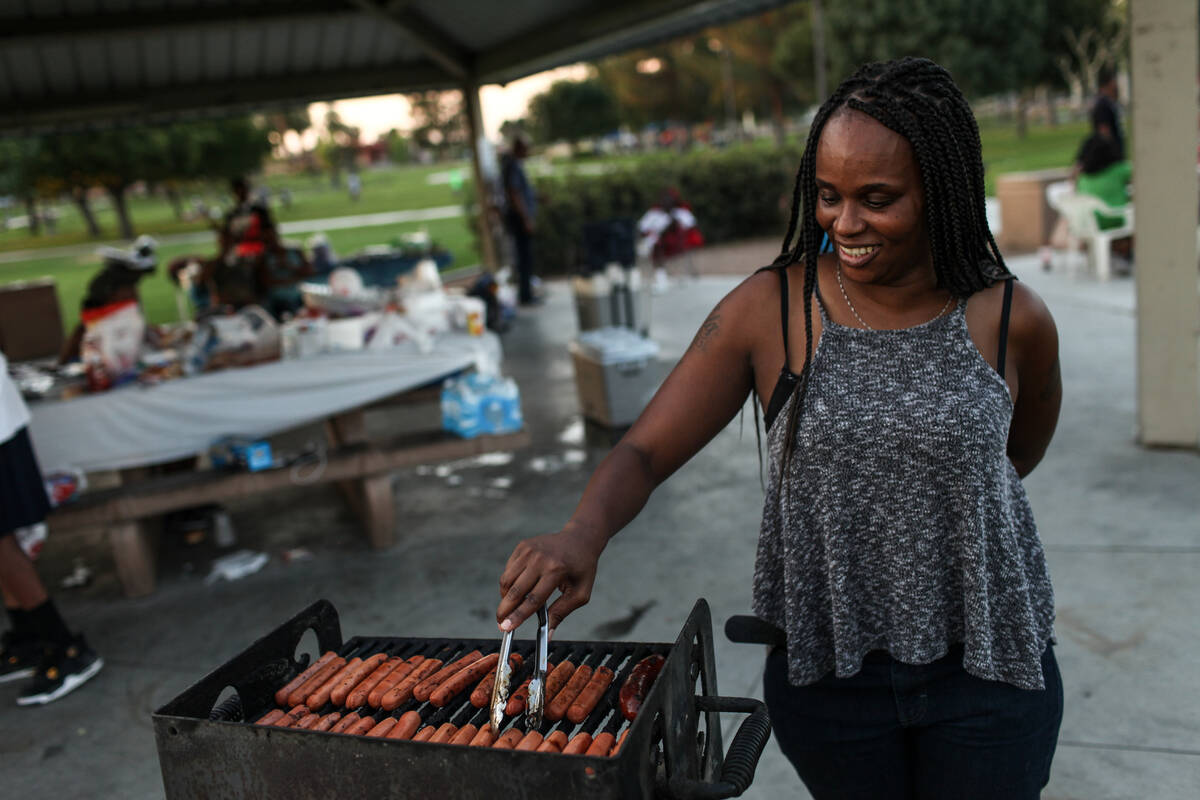EDITORIAL: Setting aside a day to honor the labor that built America
Labor Day has a different history in America than in Europe, points out Julia Vitullo-Martin, editor of “Breaking Away: The Future of Cities.”
Europe’s Labor Day observance was announced in 1889 by the first Paris Congress of the Second Socialist International. “The Socialists planned to have workers enforce a May 1 holiday whenever it occurred, whether on a weekend or during the work week,” Ms. Vitullo-Martin notes. “Disruption was to be part of the holiday, and there was no notion that anyone but workers would participate — certainly not owners or capitalists.”
In contrast — while no one should suggest the American struggle to gain recognition for the right of workers to organize was a mere walk in the park — in America things proceeded in a generally more conciliatory vein.
Matthew Maguire, a machinist from Paterson, New Jersey, and Peter J. McGuire, a New York City carpenter who helped found the United Brotherhood of Carpenters and Joiners, were instrumental in staging the first Labor Day parade in New York City in September 1882. No heads were broken. And by 1894, President Grover Cleveland had signed a bill making Labor Day a national holiday.
It may be this notion — that a celebration of labor is an appropriate undertaking for Americans of all classes and political persuasions — that allowed America’s holiday to be marked with “picnics, parades, baseball games … and a few mild speeches,” rather than “clashes between cops and workers,” Ms. Vitullo-Martin theorizes.
Europe’s socialist labor movement assumed a Manichaean duality: Workers were good, employers evil. The goal was to equalize distribution of the fixed pile of available wealth by getting as much as possible, while providing as little benefit as possible to their “ruthless exploiters.”
In America, on the other hand, union pioneer George Meany advised his brethren to avoid divisive, partisan politics. The average American worker realized early on that his energy and creativity could increase the value of his employer’s product, often making the difference between whether a company succeeded or failed.
Thus the inevitable decline of the old-style, confrontational union in the private arena. The collapse of bureaucratized socialism around the world stands in stark contrast to the material health and well-being of the lowliest worker in a free society — a well-being undreamed of by even the elite in yesterday’s gray cesspools of collectivism.
That’s why we Americans can be proud of our work — setting aside a weekend each year not just for a last summer fling, but also to honor what we’ve built and the labor it took to get it done.
A version of this editorial first appeared in the RJ in 2001.

















